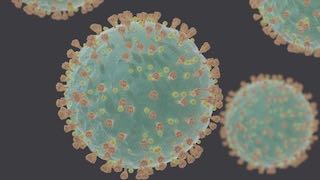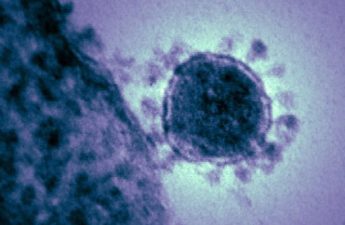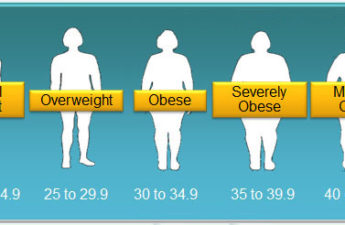Public Health Insider, Public Health – Seattle & King County

Viruses mutate all the time, and numerous strains of the SARS-CoV-2 virus that cause COVID-19 have been identified around the world. When mutations change the virus in ways that matter to human health, it’s called a variant of concern (VOC).
Three VOCs present in the United States have been singled out as worrisome, and now all three have turned up in our community.
Most recently, The UW Medicine Virology Lab informed Public Health – Seattle & King County that it detected the presence of the P.1 variant, first identified in travelers from Brazil, in a COVID-19 test sample originating in King County.
This is not a surprise — but it does add urgency to our task: We must reduce transmission and get as many people vaccinated as quickly and equitably as possible, before these variant strains spread widely.
Like the other VOCs flagged by the CDC, the P.1 variant could complicate our efforts to fight the pandemic and contribute to a potentially severe fourth wave of infections.
The P.1 strain contains a number of mutations, including ones that seem to make it less vulnerable to our bodies’ immune response. Our understanding of how good the variant strain is at evading our defenses is still evolving; in parts of Brazil it has raised concerns that previously infected people could be more easily reinfected by the P.1 variant.
There is reason to think vaccines may be less effective against this strain, but there have also been more encouraging signs in recent research on the vaccines’ efficacy.
“If we let down our guard, these variant strains will make us pay,” said Jeff Duchin, Health Officer, Public Health – Seattle & King County. “The upside is that we can take steps to limit the damage. The same precautions that have helped us drive down case counts in the past can also protect us from the variants, as long as we are diligent.”
The P.1 variant was first detected in the United States in late January and has since turned up in at least ten states. Other VOCs found in the US, including locally, include the B.1.1.7 strain first identified in the United Kingdom and the B.1.351 variant, initially detected in South Africa.
At least one of the variant strains, the B.1.1.7 variant, has been shown to spread more easily than previous coronavirus strains, and there are signs that the B.1.351 and P.1 variants are also more contagious.
But here’s the good news: Masks work against the variants. Physical distance works against the variants. Good airflow and indoor ventilation are especially important, and handwashing and all the things that should be second nature to us by now still work against these variants.
The appearance of these variants should not discourage us — they should invigorate and motivate us to turn the tide on the pandemic. The next month or two will be especially important in determining the course of our outbreak, with the threat from new VOCs increasing as we work to get more people protected through vaccination. If we continue strong efforts to limit the spread of COVID-19 for a few more months, we will reduce the risk for another serious wave of infections and speed our return to a more normal life.
Originally posted March 11th, 2021


